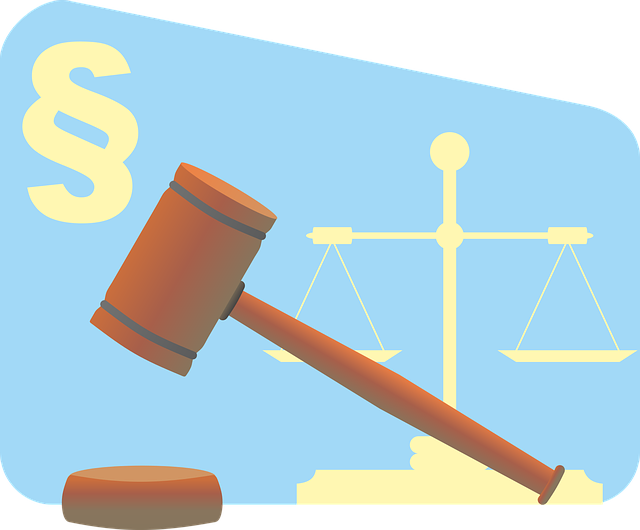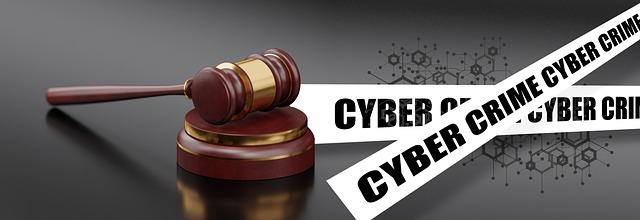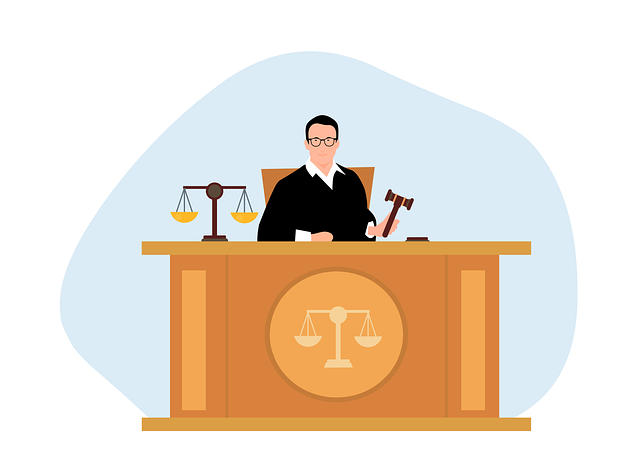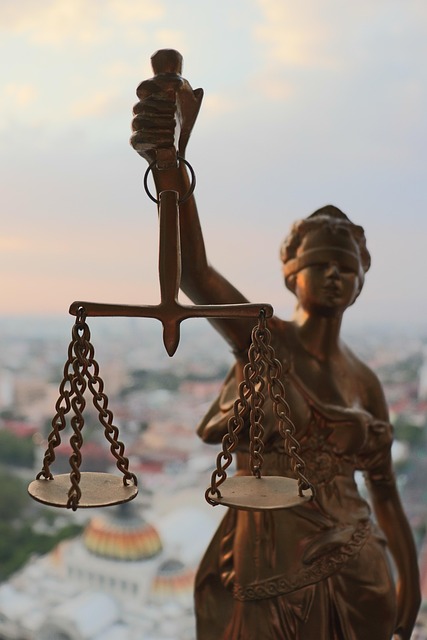Criminal law and civil litigation for business partnership issues are distinct yet interconnected legal domains. When business partnerships dissolve, civil lawsuits become paramount for resolving disputes over contracts, fiduciary duties, and financial misconduct. While criminal law punishes wrongdoings, civil litigation seeks damages and restitution. In both cases, the involvement of prosecutors, defenders, and judges ensures justice is served. The process begins with investigations, charges (in criminal law), discovery, and trials where defendants have legal representation. Alternative dispute resolution methods like mediation and arbitration offer cost-effective solutions for business partnership issues, promoting collaborative problem-solving and preserving relationships.
“Delve into the intricate world of Criminal Law Cases, where understanding the legal frameworks is key. This comprehensive guide explores the diverse aspects of criminal proceedings, from the initial investigation to trial and appeal processes. Uncover the dynamics between prosecutors, defenders, and judges, and learn how their roles shape outcomes. Furthermore, we dissect civil litigation for business partnership disputes, highlighting grounds for lawsuits and alternative dispute resolution methods like mediation and arbitration. Get ready to navigate the complex landscape of criminal law.”
- Understanding Criminal Law Cases: An Overview of Legal Frameworks
- Civil Litigation for Business Partnership Disputes: Grounds for Lawsuit
- Key Players in a Criminal Law Case: Roles of Prosecutors, Defenders, and Judges
- The Process: From Investigation to Trial and Appeal
- Resolving Business Partnership Issues: Mediation, Arbitration, and Court Rulings
Understanding Criminal Law Cases: An Overview of Legal Frameworks

Criminal law cases involve a wide range of legal frameworks designed to protect society and ensure justice. Understanding these frameworks is crucial for both legal professionals and individuals facing potential criminal charges. At the heart of it, criminal law distinguishes between conduct that is considered a crime and that which is not, often through the lens of intent and harm caused. This differentiation shapes the legal processes that follow, from investigation and prosecution to sentencing and rehabilitation.
The complexity of these cases increases when high-stakes issues like business partnership disputes intertwine with criminal allegations. In such scenarios, civil litigation for business partnership issues can play a significant role in avoiding indictment and mitigating potential consequences. Legal strategies focus on navigating the intricate interplay between criminal and civil laws, aiming to achieve extraordinary results by defending against criminal charges while addressing the underlying commercial disputes.
Civil Litigation for Business Partnership Disputes: Grounds for Lawsuit

When business partnerships sour, civil litigation for business partnership disputes often arises. Unlike criminal law, which focuses on punishment and prosecution, civil litigation seeks to resolve conflicts between parties and award damages. In the context of business partnerships, this can involve disagreements over management, financial distributions, or breach of fiduciary duty.
Grounds for a lawsuit in these cases may include allegations of fraud, misappropriation of funds, or breach of contract. For instance, if one partner is accused of diverting company assets for personal gain, it could lead to a civil lawsuit seeking compensation for the affected partnership. Avoiding indictment is a key concern in such high-stakes cases, where the reputation and financial stability of all involved parties are on the line. A robust general criminal defense strategy may be employed, but the primary focus remains on resolving the dispute through civil litigation rather than facing criminal charges.
Key Players in a Criminal Law Case: Roles of Prosecutors, Defenders, and Judges

In a criminal law case, several key players are involved in ensuring justice is served. The prosecutor plays a crucial role by acting as the primary advocate for the state or victim, presenting evidence and arguing for the defendant’s guilt or innocence. They are responsible for all stages of the investigative and enforcement process, including gathering evidence, interviewing witnesses, and deciding whether to file charges. On the other hand, defenders represent the accused individual, challenging the prosecution’s case, and ensuring that their client’s rights are protected throughout the trial. This often involves thorough research, cross-examination of witnesses, and crafting legal arguments in favor of their client.
Judges, another integral part of this triad, preside over criminal trials and make critical decisions that guide the course of the proceedings. They interpret laws, rule on motions, ensure procedural fairness, and ultimately deliver verdicts or send cases to jury trials. The interplay between these roles is essential in navigating the complex landscape of general criminal defense, with each contributing uniquely to the pursuit of justice and the protection of civil litigation for business partnership issues within their respective legal frameworks.
The Process: From Investigation to Trial and Appeal

The criminal law process begins with an investigation, where police gather evidence and interrogate witnesses to build a case against the accused. Once sufficient evidence is secured, charges are filed, initiating formal proceedings. The defendant then has the right to legal representation, either through a chosen attorney or court-appointed counsel. This stage involves extensive discovery, where both parties exchange relevant information and evidence.
The trial is a crucial phase, allowing each side to present their arguments and evidence before a judge or jury. It’s here that the unique dynamics of civil litigation for business partnership issues come into play. The defendant can challenge the prosecution’s case, cross-examine witnesses, and build a defense strategy. An unprecedented track record of winning challenging defense verdicts is not uncommon in such cases, showcasing the intricate nature of navigating these legal battles. Appeals are also a part of this process, providing an opportunity to review and overturn decisions made during the trial stage.
Resolving Business Partnership Issues: Mediation, Arbitration, and Court Rulings

When it comes to resolving business partnership issues, there are several avenues available beyond traditional court litigation. For those involved in civil litigation for business partnership problems, methods such as mediation and arbitration offer promising alternatives. These processes encourage collaborative problem-solving between parties, aiming to reach mutually agreeable outcomes.
Mediation, facilitated by a neutral third party, provides a safe space for open communication, allowing partners to negotiate terms and find creative solutions. Arbitration, on the other hand, involves an impartial arbitrator who listens to both sides and renders a binding decision. These methods are particularly attractive due to their cost-effectiveness and faster resolution times compared to lengthy court proceedings. Moreover, they maintain a level of privacy, which can be advantageous for businesses dealing with sensitive matters, including white-collar and economic crimes, ensuring that details remain confidential as opposed to public court records. Ultimately, these strategies enable both corporate and individual clients to navigate complex business partnership disputes efficiently while preserving relationships.
In navigating complex criminal law cases, understanding the interplay between legal frameworks, key players, and resolution methods is paramount. From the initial investigation to trial, appeal, and alternative dispute resolution like mediation and arbitration, each step demands meticulous attention. For business partnership disputes, civil litigation offers a path toward just resolution, providing an opportunity for all parties involved to seek fairness and closure. By familiarizing themselves with these processes, individuals and businesses can better prepare to defend their rights and interests in the legal arena.






